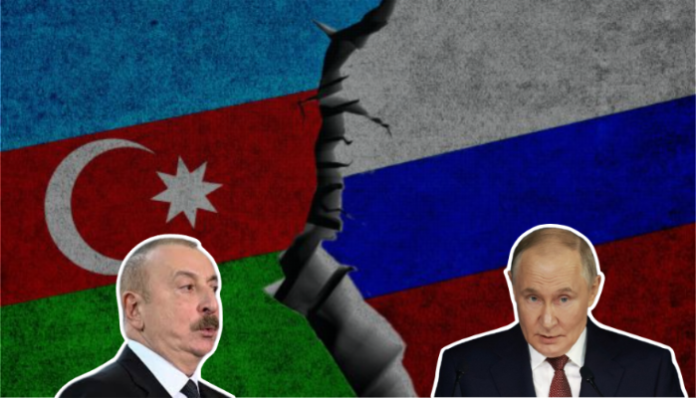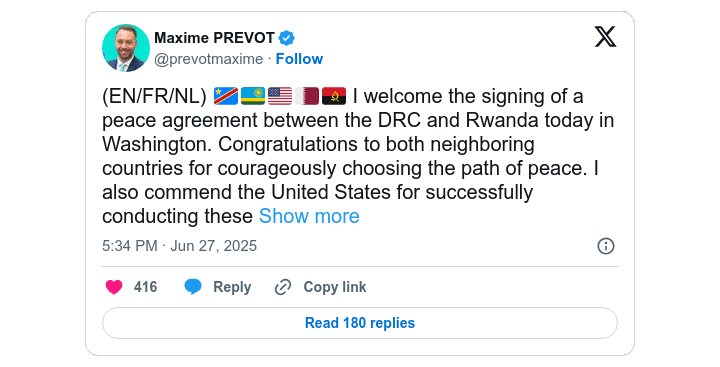Politicians came to blows in parliament in Tblisi during the final reading of the bill. It has already caused weeks of protests and renewed warnings from the EU.
The Georgian parliament on Tuesday approved in the third and final reading a divisive bill that sparked weeks of mass protests.
It requires media, NGOs, and other non-profits to declare themselves as “pursuing the interests of a foreign power” if they are more than 20% funded from outside Georgia.
Critics have called it a threat to domestic freedoms and the country’s aspirations to join the European Union. They have also drawn comparisons with comparable rules introduced in Russia in recent years.
Prime Minister Irakli Kobakhidze recently defended the plans, saying the law was “solely aimed at promoting transparency and accountability.”
Scuffles inside Georgia’s parliament, protests outside
The bill passed by 84 votes in favor to 30 against.
A few politicians from the ruling Georgian Dream and the opposition could be seen pushing each other and gesitculating at times during the heated debate.
Meanwhile, a crowd of around 2,000 people protested outside parliament on Tuesday, a regular sight in Tblisi in recent weeks.

What Brussels has said about Georgia’s path to EU membership
European Council President Charles Michel commented on Georgia during a visit to a political conference in Copenhagen on Tuesday, prior to the vote clearing parliament.
Michel said of politicians in Georgia that “if they want to join the EU, they have to respect the fundamental principles of the rule of law and the democratic principle.”
Georgia is one of nine current official candidates for EU membership. It was only granted the status recently, in November last year, with confirmation the following month.
The accession process tends to be a slow one, always taking years and sometimes decades.
“EU member countries are very clear that if this law is adopted it will be a serious obstacle for Georgia in its European perspective,” EU spokesman Peter Stano meanwhile told reporters in Brussels.








